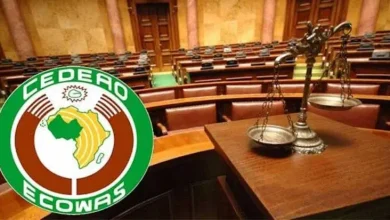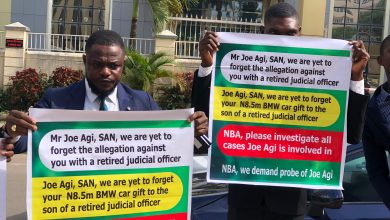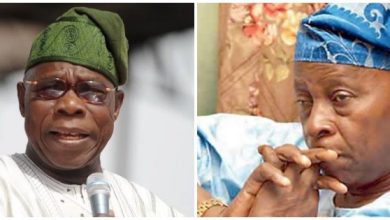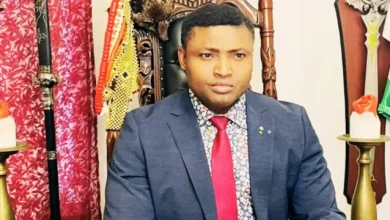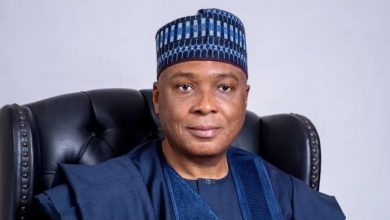PDP Accuses Senior APC Official of Forgery in Udeh-Okoye Case
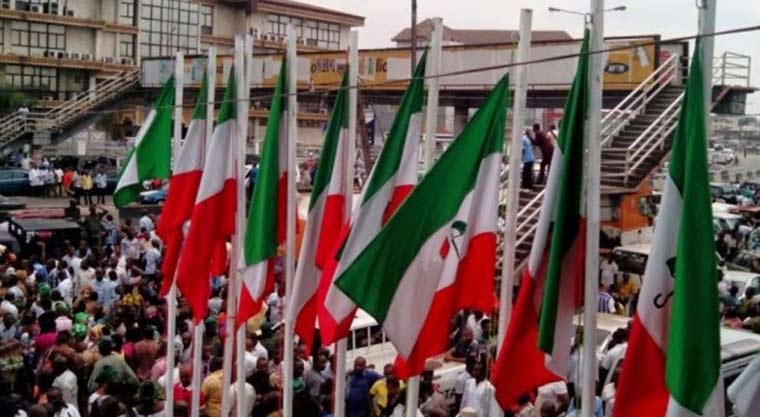
The All Progressives Congress (APC) is accused of being behind the PDP’s dismissal of the alleged forgery in the case that confirmed Sunday Udeh-Okoye as national secretary.
According to reports, the PDP announced this in response to a court decision that ordered an examination of its primary election standards due to claims of fraud.
Recall that Sunday Udeh-Okoye and Samuel Anyanwu are vying for the role of national secretary, causing a leadership crisis within the PDP.
After Anyanwu was elected as the PDP’s candidate for governor of Imo state in 2023, Udeh-Okoye was chosen by the party’s southeast zonal executive committee to succeed him.
Anyanwu has secured injunctions from the courts to prevent his dismissal.
However, the high court’s ruling that barred Anyanwu’s dismissal was overturned by appellate court judge Ridwan Abdullahi in December 2024 for lack of merit.
The crisis took a fresh turn when an Abuja magistrate court ordered the police to look into claims that party executives used fake documents at the court of appeal hearing.
In response to a petition submitted by Mike Iheanaetu, a member of the PDP, the court issued the order.
PDP spokesperson Debo Ologunagba responded to the court decision by calling the forgery accusation “funny” and “misleading,” emphasizing that the incident is the fault of a senior APC official.
“Our party is shocked by the level of desperation being displayed by these individuals,” the statement says. It claims that these individuals are acting with the support of a top APC official who has repeatedly vowed to destroy the PDP in order to allow the APC to firmly establish an oppressive and totalitarian one-party system in our country, much to the chagrin and harm of Nigerians.
Read Also: BREAKING: Major Opposition Party Addresses Support for Peter Obi in 2027
“Despite the rulings of several higher-ranking courts, including the Supreme Court, which have declared that matters pertaining to the nomination of candidates for elections are solely internal affairs of political parties over which the courts have no jurisdiction, our party is horrified by the scandalous and reprehensible attempt by these desperate individuals to involve the police and an Abuja magistrate court in the party’s internal affairs.”

